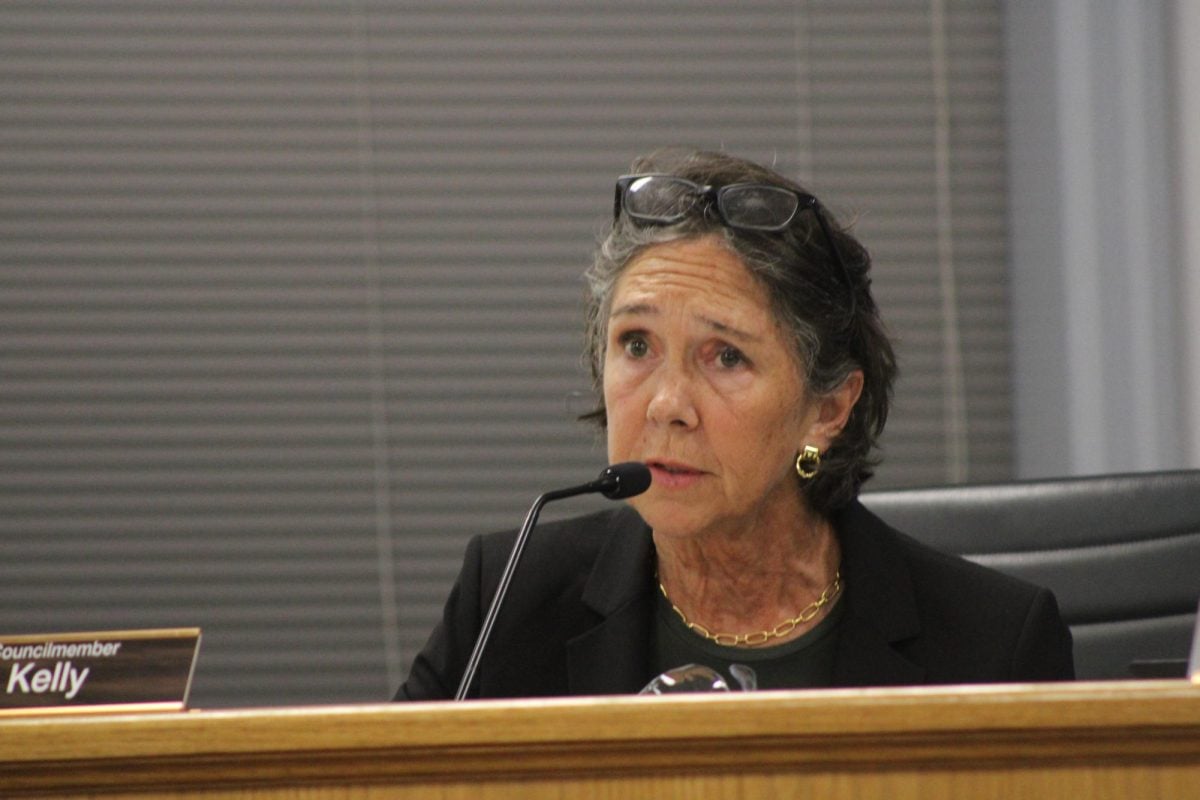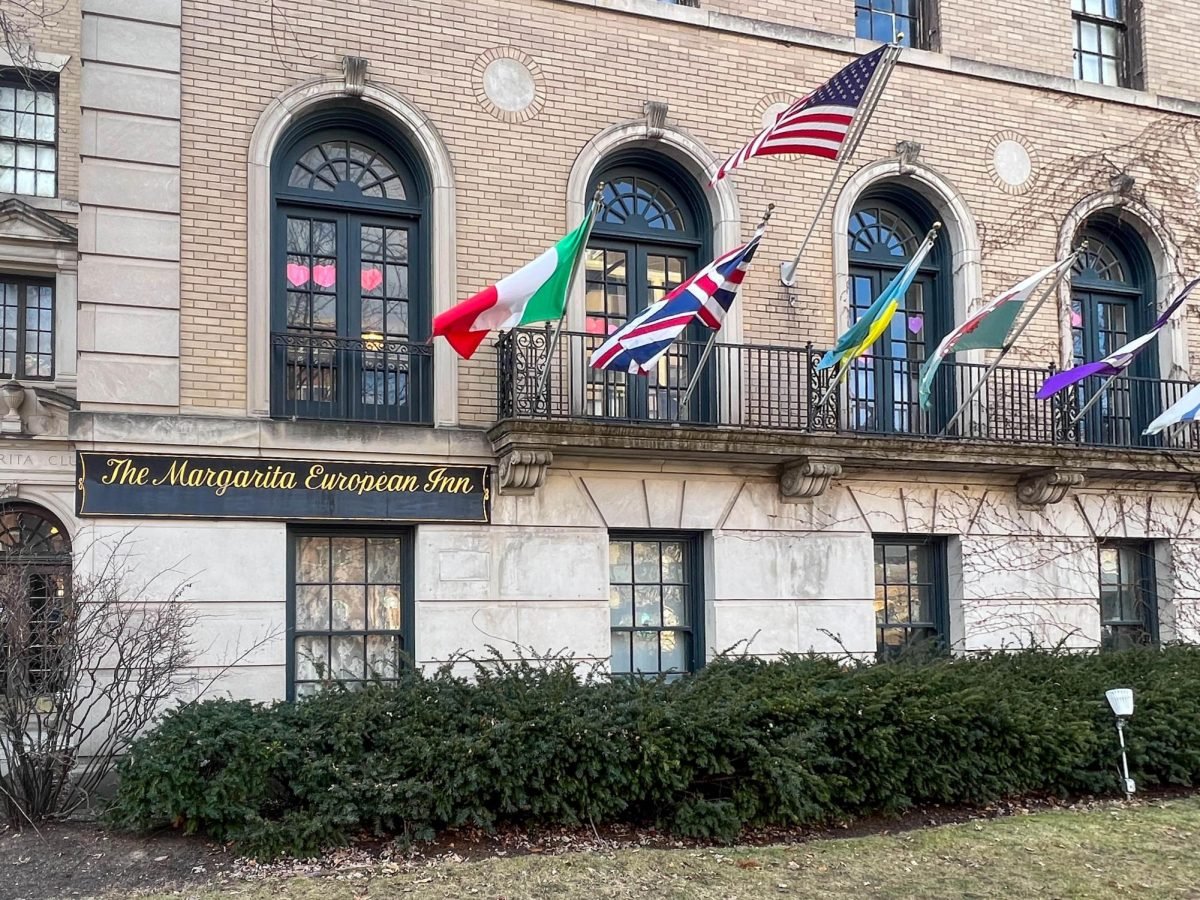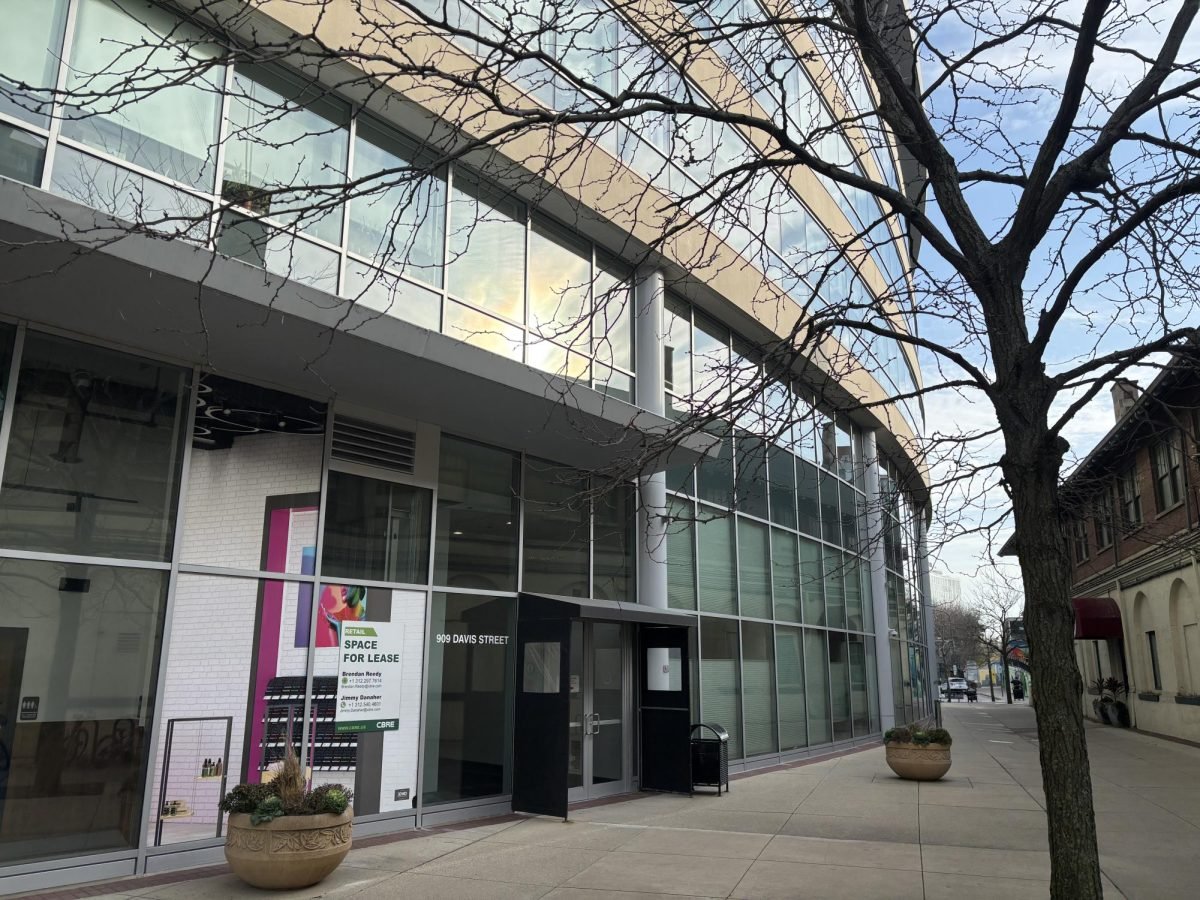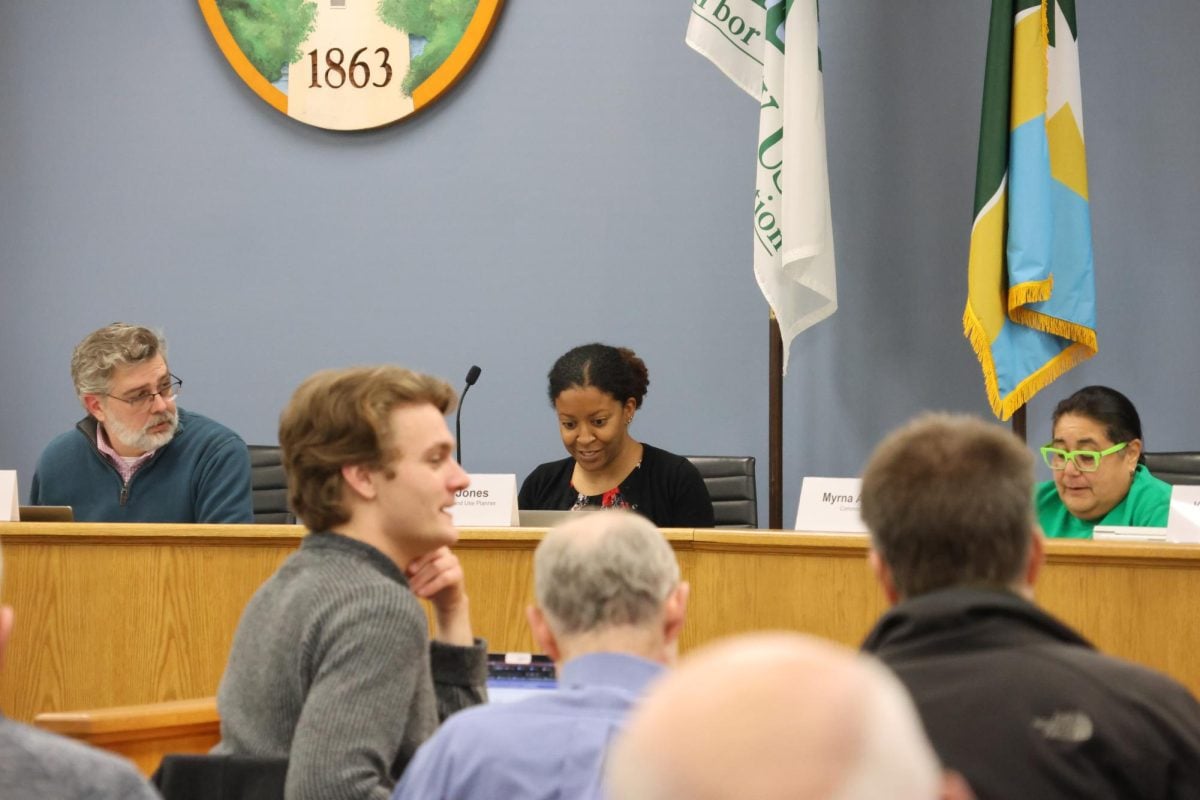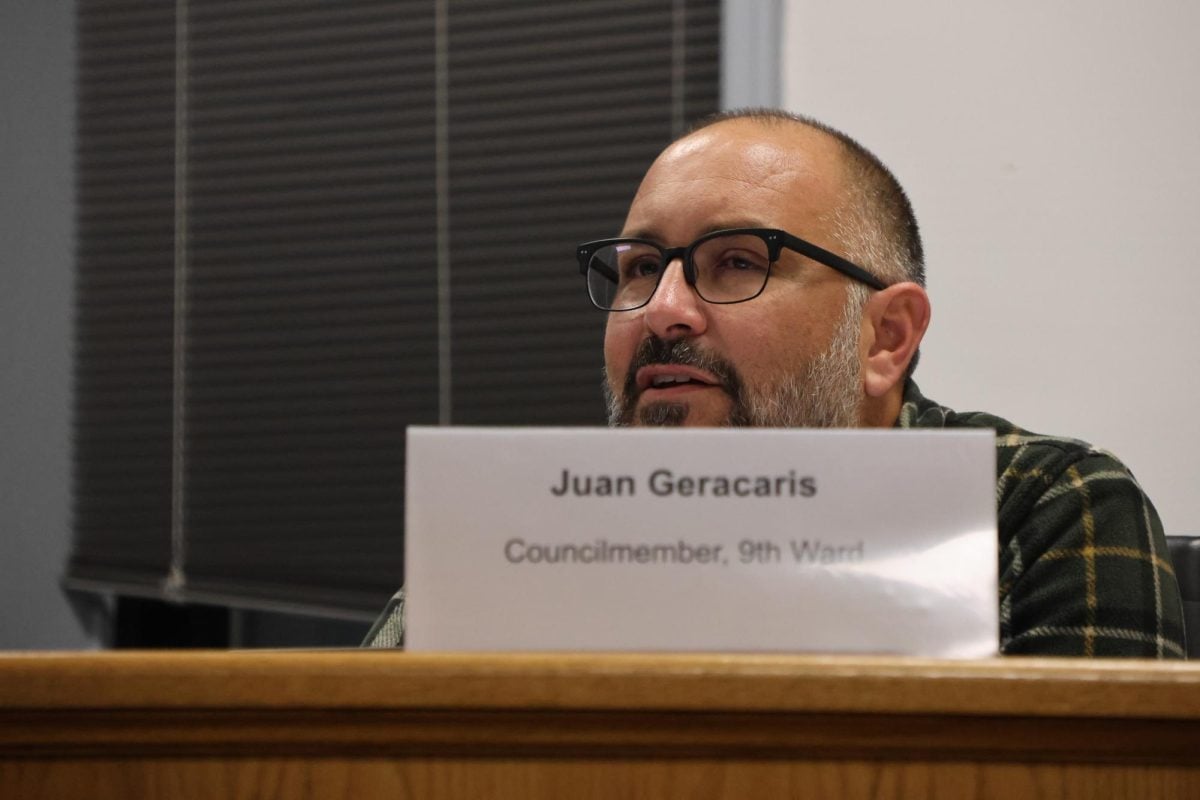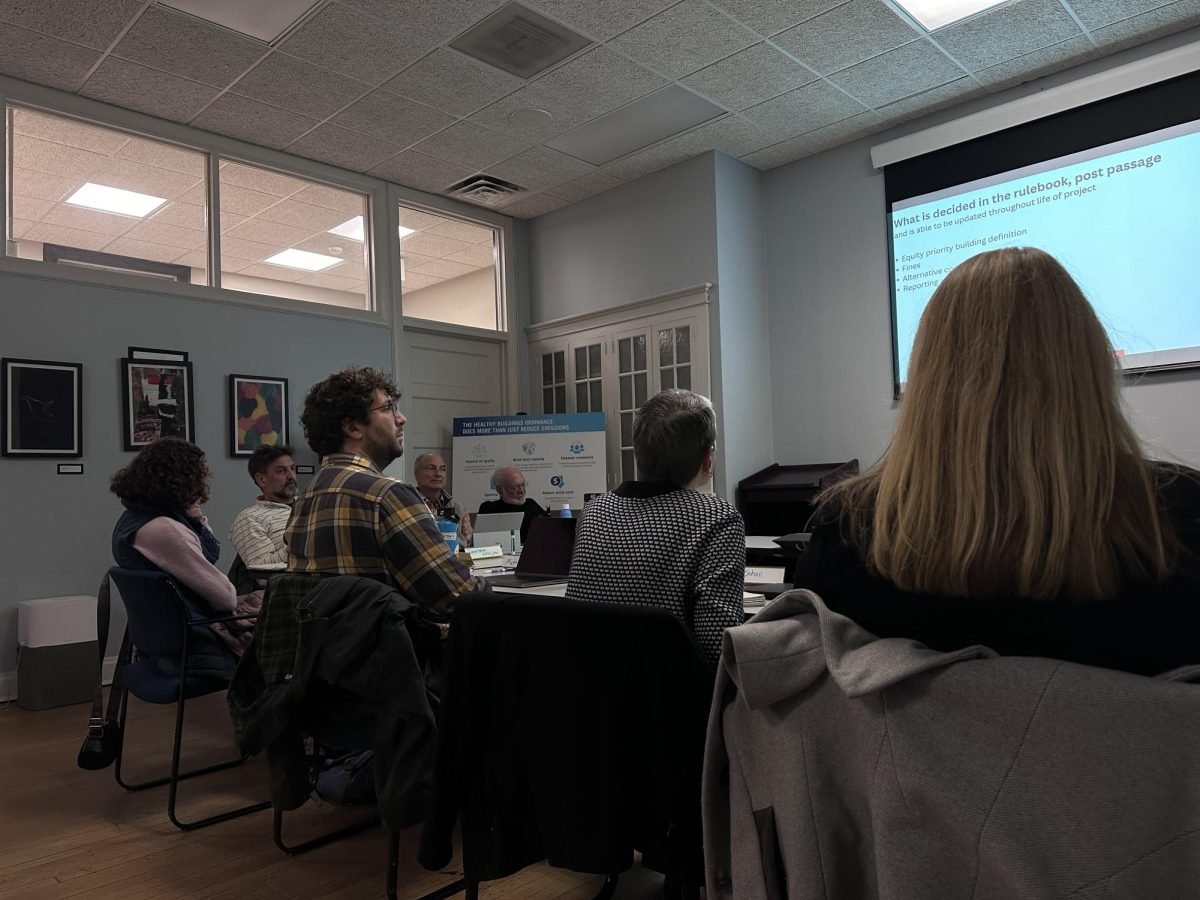The Evanston City Council narrowly approved a resolution Tuesday night that bans unregulated drone technology in the city.
The move makes Evanston one of the first U.S. cities to pass legislation restricting the use of drones, or unmanned aerial systems.
Aldermen and citizens debated the issue during the council’s weekly meeting. Proponents of the bill argued for the importance of creating policy that is up to speed with current technology. Opponents said such a rule may jeopardize entrepreneurship and innovation.
“This is a resolution asking Evanston to lead the way in slowing down so that the positive and potentially negative aspects of this new technology have been explored,” Evanson resident Timi Papas said on behalf of resident Marcia Bernsten.
Papas and Bernsten are both members of a local peace group and initially brought the issue of drone legislation to Evanston Police Chief Richard Eddington’s attention.
The legislation prohibits drone activity “in the absence of reasonable state and federal regulation.” The resolution will expire in two years if the council does not renew it, and Ald. Jane Grover (7th) said Eddington can ask the council to revisit the issue at any time if he felt that were needed. Evanston police do not currently use drones.
Alds. Judy Fiske (1st) and Mark Tendam (6th) expressed concern that the resolution would prohibit research and development within the city. The proposal passed 5-4 after more than 15 minutes of discussion.
Grover, who drafted the resolution, said its passage is an important symbol of Evanston’s commitment to protecting the privacy and safety of its residents.
“It’s more of a statement than anything else,” Grover said.
The council also approved the donation of a environmentally friendly home known as a “Tiny House” from NU to the city for educational purposes. The residence, which was created by students and faculty at NU, is only 128 square feet and has a green design.
Proposed legislation that would amend the city’s zoning ordinance was held for action until the next council meeting after a lengthy and contentious discussion among aldermen.
The ordinance would allow owners or lessees of property in an I2 industrial district to apply for a special-use permit for a commercial indoor recreation facility.
Alds. Donald Wilson (4th) and Ann Rainey (8th) sparred over the use of the word “commercial” and its implications for the ordinance.
Wilson suggested clarifying the ordinance to make it clear that the traditional definition of commercial does not apply to this ordinance, and that nonprofit groups would be able to lease such spaces. Rainey expressed confusion at Wilson’s point and frustration at the potential for lost tax revenue.
“I don’t understand,” Rainey said. “You’ve either done a bad job explaining, or I’m missing it.”
The item was brought up and rejected for action a second time. In the second discussion of the ordinance, Rainey called on the council to wait before making a decision.
“I think to imply that talking about removing property from the tax rolls is in any way nitpicking is really an affront to every single taxpayer in this community,” Rainey said.








